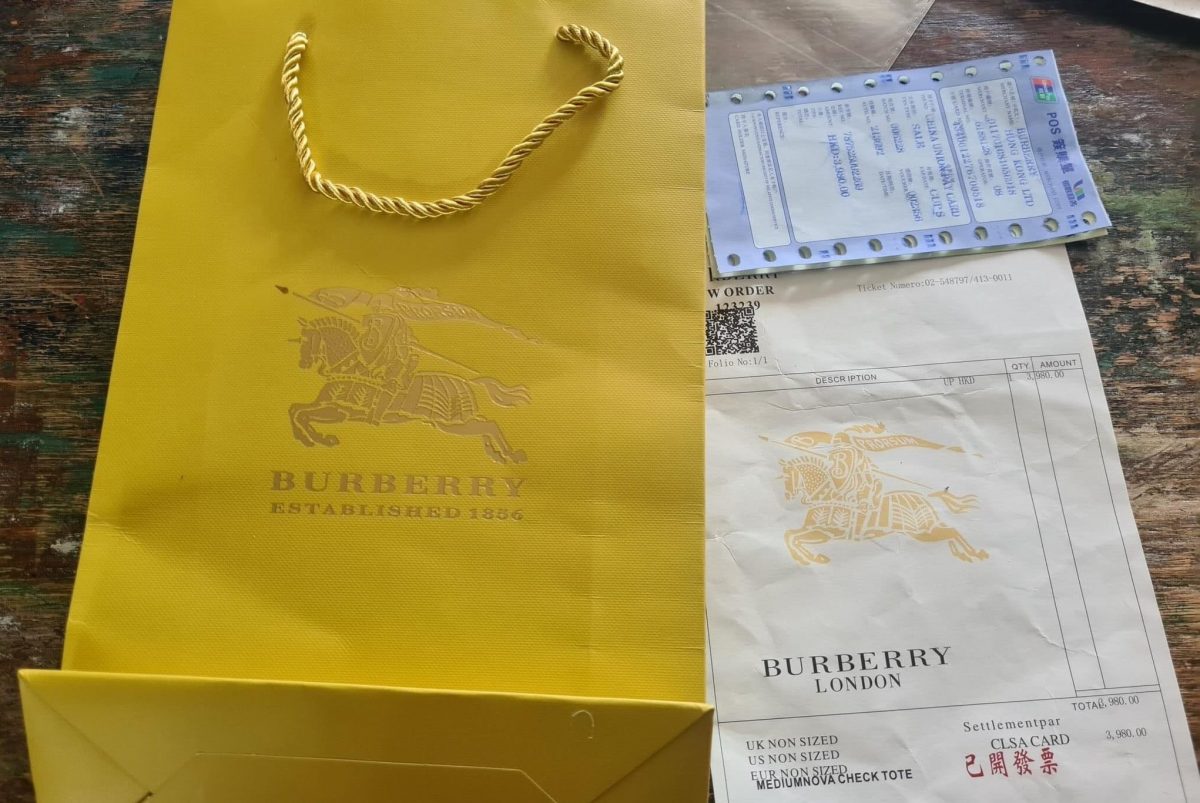
Police urge people to report any suspicious packages they may receive. Photo: monkeybusinessimages, iStock.
Have you received a suspicious parcel that you didn’t order, or mail that you weren’t expecting? You might just be a victim of ‘brushing’.
Brushing is a scam which involves people receiving unsolicited packages from online retailers and distributors, with the receiver’s address and personal details on them.
The idea is that the seller sends you a package, using a third-party site to claim your personal details, in a bid to boost their seller ratings online.
These packages are often reported containing items such as hair ties, toothbrushes, cleaning products, phone cases, scarves or seeds.
Although the thought of getting packages might be exciting, especially when they’re paid for, Farrer resident Chloe Chen said receiving a suspicious package made her feel anything but joy.
“I hadn’t ordered anything online recently, so thought it was strange to receive something addressed to my name and address,” Chloe said.
“Inside the parcel was a Burberry gift bag and, inside that, a receipt for an apparent order for Burberry. It was from somewhere in China, unknown address, claiming to be Burberry.
“I was feeling very confused and was stressed that someone may have stolen money from my account.”
Chloe said no money had been taken from her account, however they had her full name, address and phone number.
“This made me feel very vulnerable,” she said.
“I was not aware of this type of scam, so I googled it and found out it’s a modern way of scamming and apparently it’s very common.
“The fact they had my personal details made me very concerned. How were they so easily able to get my information?”

Chloe was a victim of a brushing scam. Photo: Chloe Chen.
Chloe said she was then curious as to why they had her information and what they were doing with it.
“After opening the package, I asked several more people and group chats for advice, and they all said it was a modern way of phishing,” she said.
“I didn’t know where to report this information, so I have kept the package just in case I need it as evidence. Others have advised me to destroy the parcel with my details on it.
“I’m very annoyed to know that information is out there somewhere on the web, and I can’t do anything about it. It makes me paranoid about doing anything online right now.”
An Australian Competition and Consumer Commission (ACCC) spokesperson said brushing was a technique used by unethical online retailers to add legitimacy or overinflate their popularity.
“They create fake customer profiles on their retail store with randomly selected but real delivery addresses,” the spokesperson said.
“They then use these profiles to purchase low value items (such as seeds) from their selling profile on the marketplace.
“This lets scammers increase the number of orders listed on their profile (some platforms indicate the volume of transactions the merchant is involved with through different coloured stars next to the merchant’s profile), increase the customer satisfaction rating on their profile and write fake favourable reviews on digital marketplaces that only allow reviews to be placed in relation to a purchase.
“This combination can also improve the seller’s prominence in search engine results on a marketplace.”
To minimise the chances of being scammed, the ACCC advises people to search for independent reviews on the seller rather than relying on the reviews on their own website when making purchases online.
They should also use secure payment methods, including PayPal or Apple Pay, rather than providing credit card details to the seller directly.
A spokesperson for ACT Policing told Region people should report suspected scams via a number of methods.
“ACT Policing has not, as yet, received any reports of scam activity similar to that you have described,” the spokesperson said.
“ACT Policing encourages anyone who suspects scams or scam-like activity to report it to the Australian Competition and Consumer Commission via the report a scam page.
“More information on scams is available on the Scamwatch website, including how to make a report and where to get help.”














